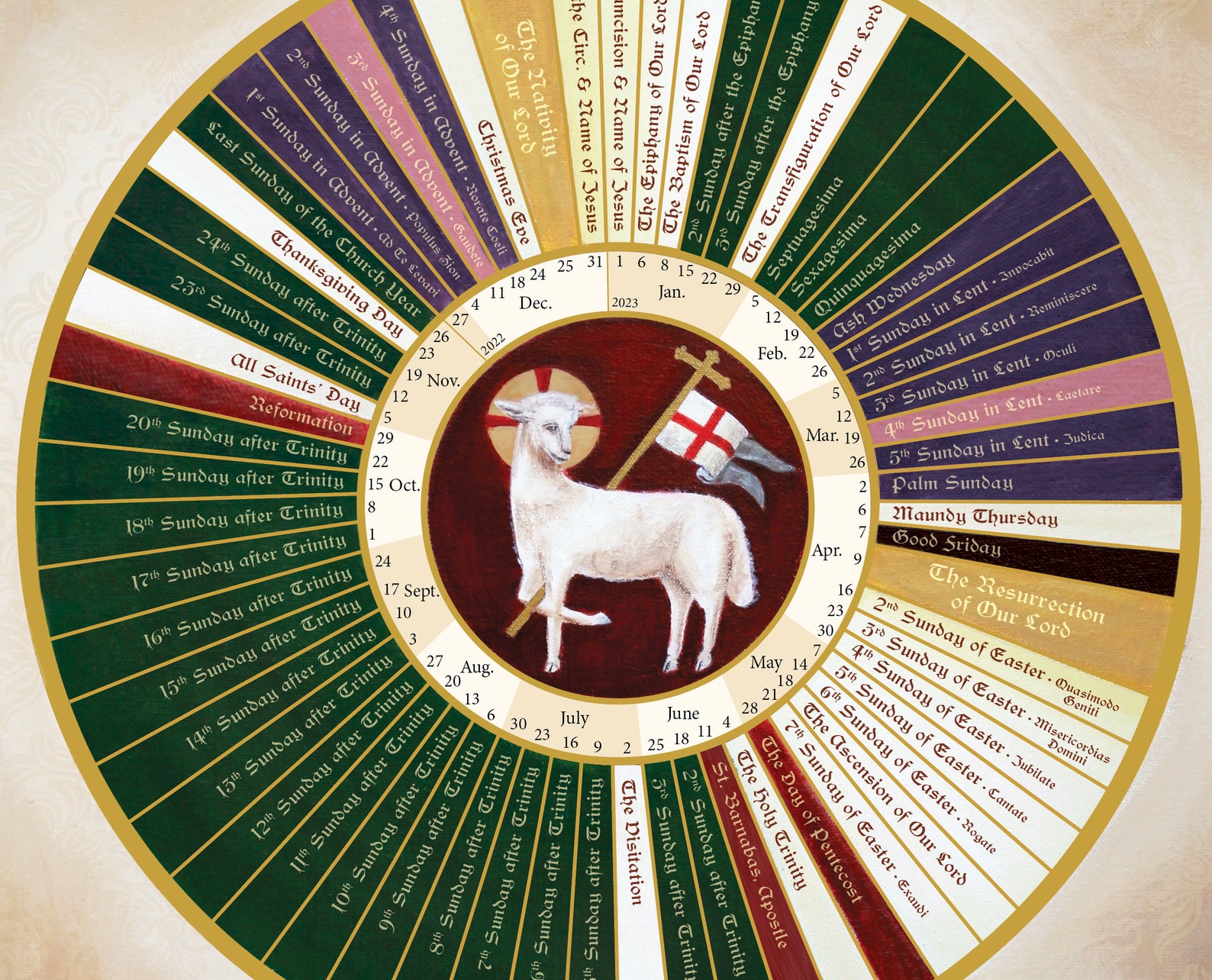Some of my friends, who have gone to the trouble of reading some of my Facebook posts over the past couple of weeks, may have wondered about my wandering. "Howard's not a liturgical guy, yet here he is going on about some Anglican guy's thoughts on the days from Christmas Eve to the Feast of Epiphany."
Guilty.
I have been interested in Walter Russel Mead's thoughts recorded in his "Yule Blog." For some years, Mead has taken time annually to write his "Yule Blog" corresponding to the Yule Season, which at least some followers of the Christian liturgical calendar will recognize as the time beginning with Christmas Eve and ending with the Feast of Epiphany, January 6, today.
Until a couple of weeks ago I had no acquaintance with Mead. He is an Anglican. From what I have
read in the 2022-23 edition of his Yule Blog I conclude that he is the kind of Anglican I wish there were more of. He reminds me of C. S. Lewis in one regard, that is, he is not a member of the clergy or a professional Theologian, yet he says profound and relevant things about Theology and what it means to follow Christ. His professional resume makes clear that he is an intellectual. Like Solomon, he has concluded that one's intellect is not fully developed unless it includes training and thought on Theology, which was once considered the "queen of the sciences.
Mead's Lewis-like view of what it means to be well-educated is one reason I was interested enough to read his winter musings. Even though the "Yule Season" ends today, I encourage you to read his Yule Blog.
Here is a sample from the final post on the 22-23 Yule Blog:
[T]he Baby Jesus is the meaning of Christmas, and the meaning of Christmas is the meaning of life. That meaning is the source of our life, the goal of our lives, and the light of all life and of all human beings. It has existed forever and somehow both lives with and is God on high, but It came into our world and into a Jewish family on a special day when Augustus Caesar ruled in Rome and Herod was king in Jerusalem. We had somehow lost touch with the Meaning of it all, but the Meaning hadn’t lost touch with us. It was intent on finding us anyway—and It did. That is what Christians have been celebrating since December 25 and what in many ways we go on celebrating all year.
The second reason I have taken the time to read and comment on the Yule Blog is because I need to explore this whole thing of the liturgical calendar some more.
In most of my pastoral career, with a few exceptions, Christmas, Palm Sunday, Good Friday, Easter (I'd add in the somewhat cultural late additions of Thanksgiving and Mother's and Father's Day), I have paid no attention to the liturgical calendar. I say "most of" because during my few years living on Guam, I periodically filled the pulpit for the lovely congregation of the Lutheran Church of Guam, which does follow their liturgical calendar. When I would preach there I would choose one of the texts for that Sunday, as my text from which to preach. I was a guest. I thought it best to follow their practice.
As near as I can tell, the liturgical calendar is the result of collective wisdom and input that stretches over the centuries, that came to a consensus: "These are events and/or truths that are worth celebrating, understanding, and remembering we'll put them on the calendar." Major divisions within the Christan community--the great schism between East and West, the Reformation, etc. have resulted in variations, so not everyone agrees on exactly what should be on the liturgical calendar nor exactly when those events should be remembered. For instance, many remember today as Epiphany, a day associated with the visit of the Wisemen to the Holy Family, and others, celebrate today as Christmas, the birthday of our Savior. So there are a lot of churches that really don't follow a liturgical calendar, then there are churches that do, but they don't all follow the same calendar.
So, other than the fact that this is a matter of division in Christendom is there any lesson here?
Here is one, or maybe two: Though I enjoyed my time with my Lutheran friends, and appreciated Mead's Christmas-related thoughts, I'm not recommending that we Evangelicals adopt one of the Liturgical Calendars as our guide for answering the greatest of Homiletical questions, "What do I preach next Sunday. While I respect the wisdom of the ancients, I don't think that they are necessarily the best authority on what the people in Covington Virginia need to hear next Sunday. I think in general, expository preaching through books of the Bible and/or themes that run through the Bible is the way to go. But, and here is my point. I need to realize that these ancients weren't dummies, at least all of them weren't. I need to listen to them more.
To use the word in its non-Theological sense, that's a pretty dull epiphany, but it's the best I can do right now.

